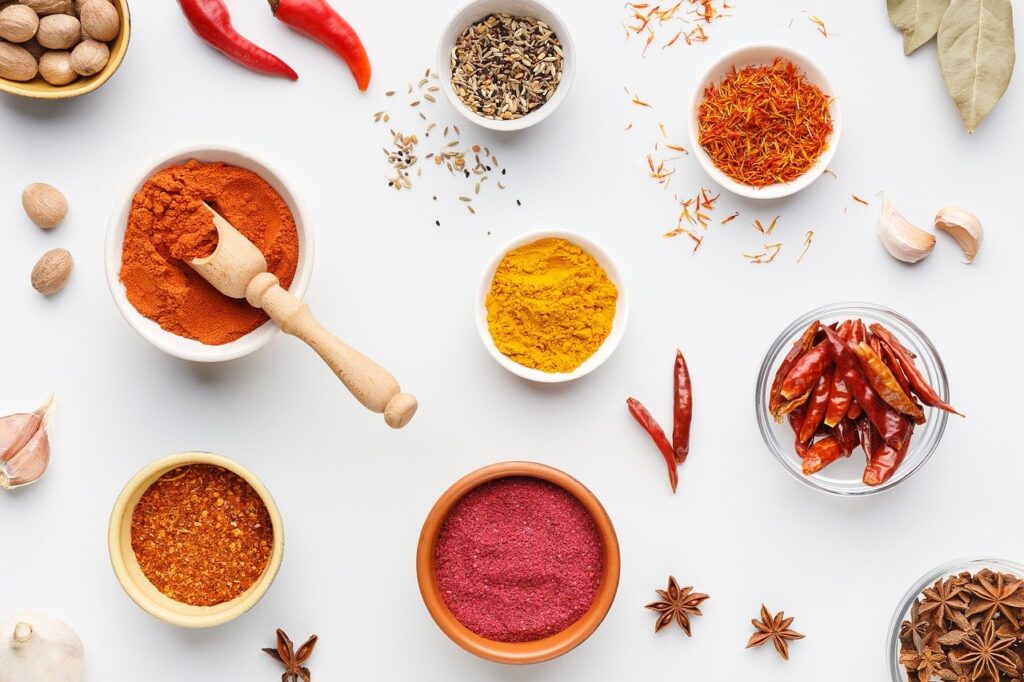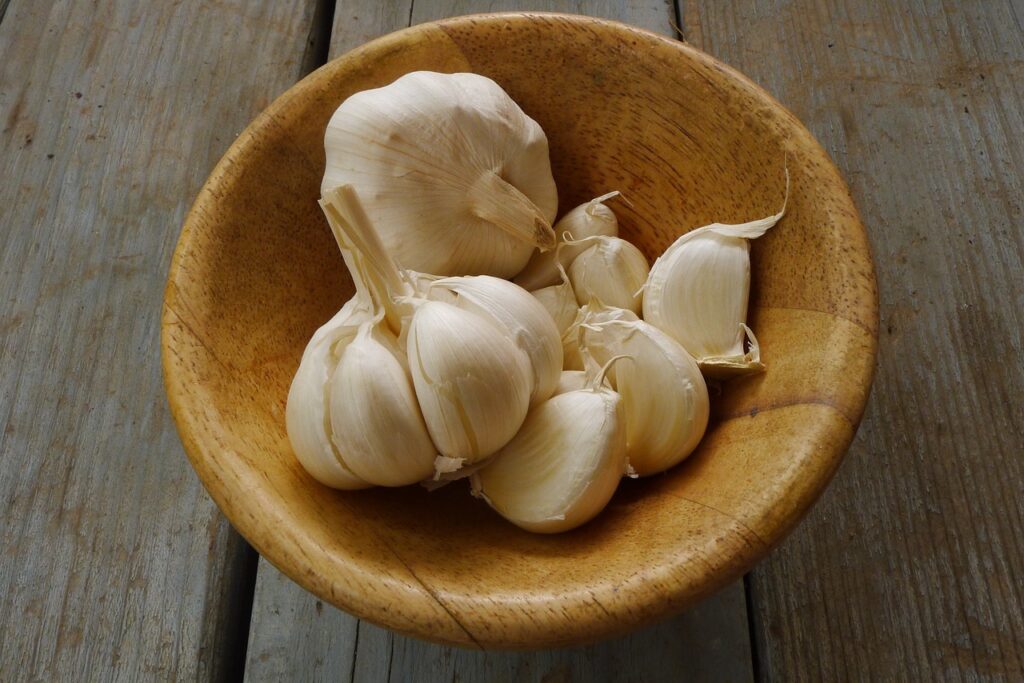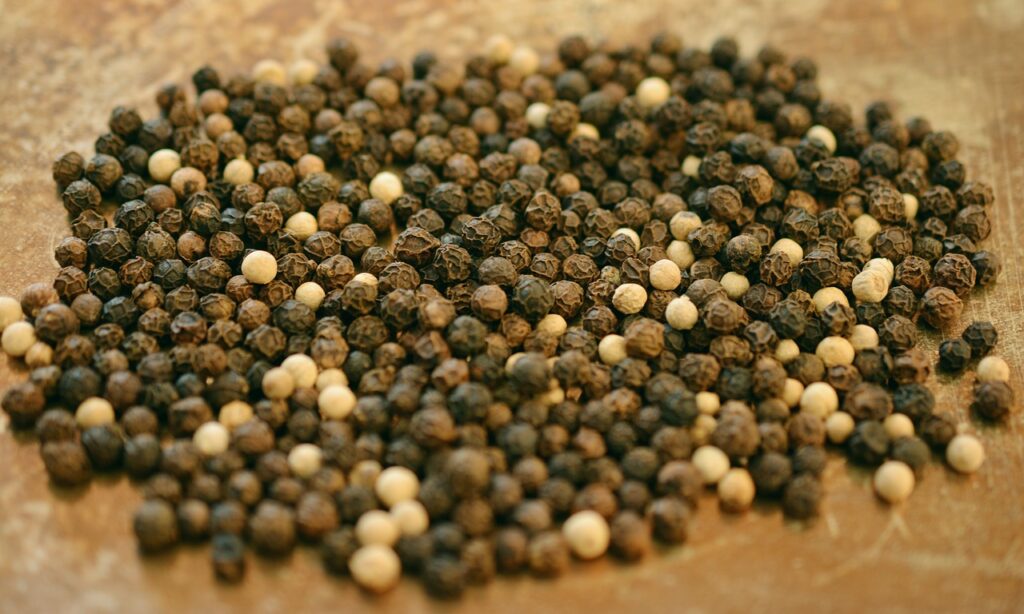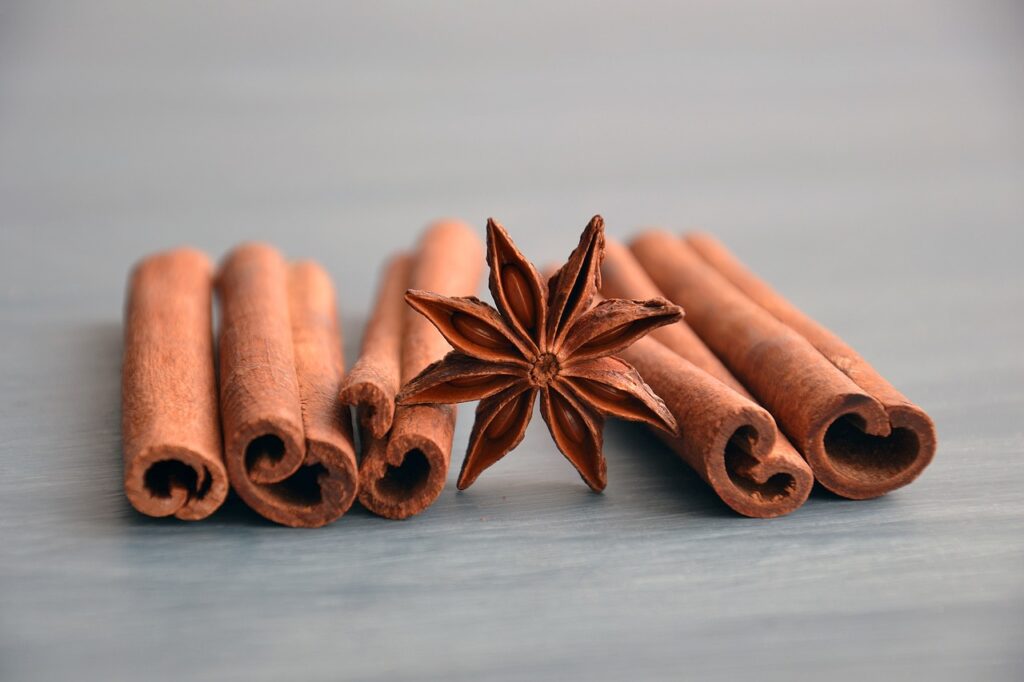Post pandemic, we will be hesitant to plan for our next travel; hence it is vital to get our immune system ready as we prep for our next vacation. In our last blog, “Plan your travel post-pandemic “, we reviewed India’s rich history of traditional medicines. In this blog, we will discover the best medication in our kitchen.

As we are racing a fast lifestyle, “finding a cure is always less lucrative than finding a treatment”. The pharma industry is keen on giving priority to the cost over the cure. Paying attention to our food when we are sick, instead, it is practical to use the full power of the foods we consume to build our immune to fight before it strikes.
Lifestyle diseases have been rising at an alarming pace across the globe, including the present COVID-19. Many silent killers like cardiovascular diseases such as stroke, heart diseases, respiratory disorders, and diabetes account for 80 per cent of the non-communicable disease. We are aware that these lifestyle disorders are more prevalent in the ageing population and affluent societies. However, in low and middle-income countries, where malnutrition is still a concern, there has been an increase in lifestyle disorders. The increase in these disorders among the younger population is a real worry for us.
In this blog, to fight the known and unknown health risks, we invite you to dive into the mysterious journey to know about the beautiful medicines in our kitchen. We will get to know the medicinal power of Ginger, Garlic, Turmeric, Cinnamon, Lemon, Honey, and Thulasi.
You can start your day with a refreshing mix of Ginger and honey, rich in antioxidants that elevate digestive properties. It promotes the secretion of bile and intestinal flora, which helps dissolve fat and thus speeds up the digestive process. Honey soothes a sore throat and keeps it calm and relaxed. It is also a good skin cleanser and tonic to boost immunity, while Ginger deals with the flu virus and flush out all the unwanted toxins and prevent infections. This combination also helps in curing migraines.
Garlic (Allium sativum): Garlic, an excellent medicinal food found in our kitchen cupboards, treats fevers and poor digestion and improves liver and gallbladder function. It also helps clear plaque from the arteries and balances or lowers blood pressure. It is ok to choose the old-fashioned stinky garlic because the “odourless” is genetically modified and is far less effective. Soak garlic in local raw honey, and when you need a cough or sore throat remedy, blend honey with fresh lemon juice or organic apple cider vinegar, and sip. All of us will have garlic in the kitchen, and it is encouraged to use it liberally in our cooking. To prevent alliaceous breath, try a teaspoon of honey after eating garlic!

Black pepper (Piper nigrum): Black is beautiful. Pepper is a powerful medicinal food that stimulates digestion and relieves gas. It is warming to the body and helps neutralise toxins when added to meat dishes. You can also mix powdered black pepper with honey and eat it to help remove phlegm from your system.
Some miracle spices are available in our kitchen, like turmeric (Curcuma longa), which can be taken before the meal or added to our food, which benefits the lungs and throat and enhances digestion. Taking it after meals can aid the colon and kidneys. We can mix it with grated powdered Ginger and olive oil to make a cream for arthritic joints. It is beneficial to the liver, helps digestion, and can ease arthritis and rheumatism. It is part of the anti-cancer strategies. Turmeric also benefits hypertension and can help lower blood sugar levels. It also relieves joint and muscle pain when mixed with warm milk and consumed.

Cinnamon (Cinnamomum Verum): Add Cinnamon to dishes such as teas to help break up a cold, break a fever, or ease rheumatic complaints. Taken over time as a medicinal food, Cinnamon helps lower harmful cholesterol levels, and Cinnamon tea is an excellent remedy for diarrhoea.

The other proven simple drink is to have a cup of warm water with lemon to treat coughs, heartburns, and other stomach ailments. Lemon helps maintain the body’s electrolyte balance, and it has antioxidants that help prevent heart diseases and cancer.
Tulsi Leaf (synonym Ocimum sanctum or Holy Basil ) is rich in antioxidants that help mitigate stress and conditions like diabetes and high blood pressure. It has linoleic acid, which is extremely good for the skin. The leaves can fight allergies and pathogens with volatile fixed oils.
While we have learned about our home pharma store, let us take a quick detour to find the locations in India where are grown,
Garlic is planted as a rabi crop in Andhra Pradesh, Bihar, Haryana, Uttar Pradesh, Orissa, Punjab, Uttarakhand, Rajasthan, Bengal, and hilly regions
Black Pepper – India is one of the primary producers, consumers, and exporters of black pepper globally. Black pepper is cultivated mainly in Kerala, Karnataka and Tamil Nadu and to a limited extent in Maharashtra, Northeastern states and Andaman & Nicobar Islands.
Turmeric – Andhra Pradesh, Tamil Nadu, Orissa, Karnataka, West Bengal, Gujarat, Meghalaya, Maharashtra, Assam are important states cultivating turmeric of which Andhra Pradesh alone occupies 38.0% of the area and 58.5% of production.
Cinnamon is a hardy plant cultivated under varying conditions ranging from semi-dried to wet zone conditions. In India, it is grown in Kerala.
Lemon – Commercial production of lemons takes place in Andhra Pradesh, Maharashtra, Tamil Nadu, Gujrat, Rajasthan, and Bihar.
Tulsi – In India, tulsi bushes can reach 4 to 5 feet tall in the intense summer heat, but indoors or in more temperate climates, they stay small and bushy, growing no bigger than 1 to 2 feet.
The basics of nutrition emphasise eating foods low in saturated fat, trans fat, sodium, and sugars. While what we eat is essential, interestingly, how, when, and where we eat influences reaping the best of what we eat. Eating home food is the most effective method to sustain healthy habits.
Your Kitchen Is Your Medicine Box, save money on medical bills and doctor’s visits, and let your kitchen help you become a part-time doctor yourself. It is better to take guard proactively with the resources available to us than to react post we become sick.
By purchasing organic herbs and spices, you will be doing your part to encourage organic farming, a practice that can ultimately preserve life on earth.
Above is general information. We assume no liability for the data provided is complete or correct.